I'm sure that when you saw the headline, or read this news or saw a post on social media about a "traversal coprocessor" on NVIDIA's new GeForce RTX 3080 and GeForce RTX 3090 graphics cards that you thought "what the HELL is a traversal coprocessor".
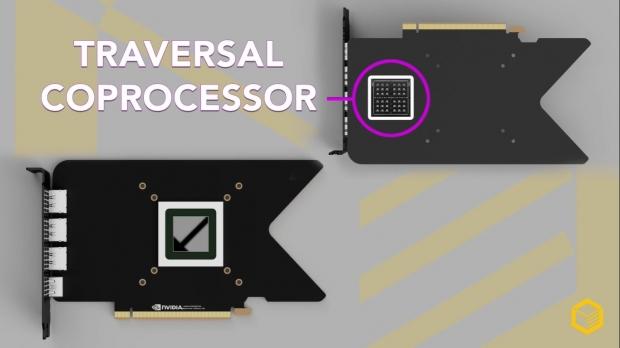
Well, first off a new leak is coming from Coreteks that teases NVIDIA would use that weird dual-sided PCB with dual-sided cooling to keep a different processor on the Ampere-based GeForce RTX 3000 series cards nice and cool. According to this new rumor, NVIDIA would use a "traversal coprocessor" on its new cards that would be a sole ray tracing chip.
This chip makes sense if you consider NVIDIA could use it to super-power the RT cores and all things ray tracing alongside the Ampere GPU, or NVIDIA could offload the ray tracing hardware away from the Ampere GPU chip. NVIDIA has the RT cores and everything else inside of its Turing GPU, but if we saw some amplification or off-loading of ray tracing to this traversal coprocessor, then things could get very interesting.
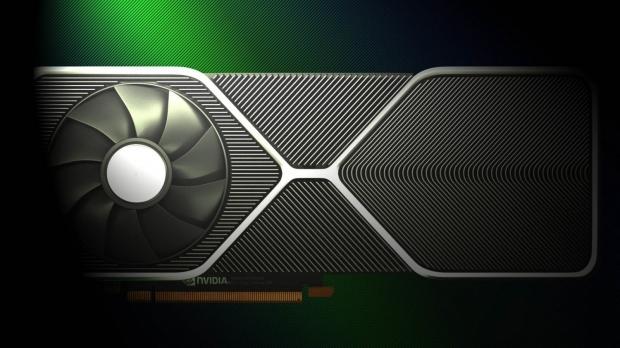
Remember the rumors of the mid-range GeForce RTX 3060 being as fast as a GeForce RTX 2080 Ti? Well, maybe it is -- in ray tracing. Maybe we'll see a gigantic uptick in ray tracing performance from Ampere-based graphics cards, as it'll need to fight away AMD and its upcoming RDNA 2 architecture which has hardware-accelerated ray tracing.
NVIDIA using a "traversal coprocessor" to super-charge ray tracing performance makes perfect sense, especially if we saw a GeForce RTX 3060 having the same if not better ray tracing performance than a GeForce RTX 2080 Ti.
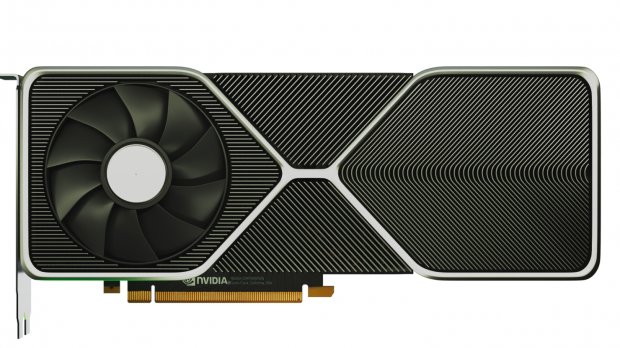
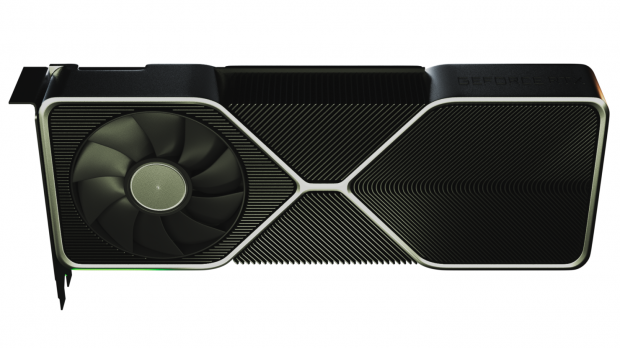
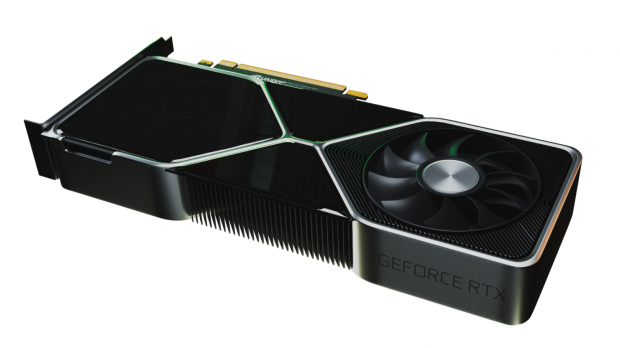
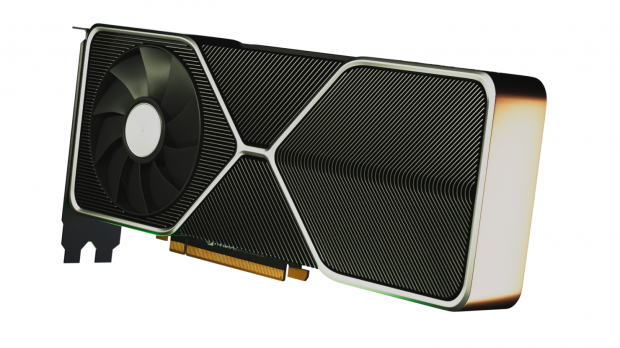
This means a GeForce RTX 3090 (or whatever NVIDIA calls it) should be able to handle 4K 60FPS in next-gen games with all of the bells and whistles on... and when I say all, I truly mean all. This card would be a freaking ray tracing and next-gen gaming beast that I don't think anything AMD can make with a next-gen Radeon could beat.
Or will RDNA 2 come in like Miley Cyrus and be a huge Wrecking Ball to NVIDIA's current GPU dominance? We'll all see in September 2020.


